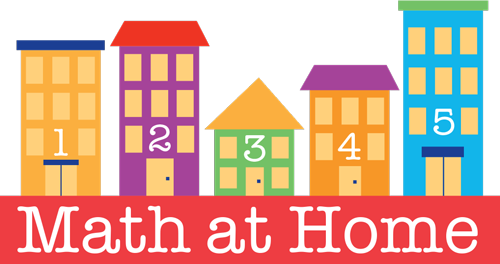Assessment – Looking for Progress
Development takes time. This, we all know intellectually, but in practice we sometimes forget that things take time. Some children can pick up a spoon, dip it into yogurt, and move it into their mouths the first time they try. Others work that spoon for months, with yogurt flying everywhere but their mouths.
When assessing young children’s learning, the most important thing to remember is that we are looking for progress over time. This is not an exact equation that can be calculated and predicted but a lesson in patience and understanding. Just because some children successfully achieve developmental progress in certain areas quickly, does not mean all will. Some move seamlessly while others lag behind, often taking one step forward while seemingly taking two steps back.
Many aspects of development are sequential, with a set order of behaviors, abilities, or understandings that unfold in a fairly predictable pattern. Children usually crawl before they walk, walk before they run, and run before they play hopscotch. We all know children who skip a step – the babies who stand up and walk, never crawling – but they are the exceptions.
Mathematical concepts are usually developed sequentially. This is further supported if you believe that knowledge is constructed upon prior knowledge and understandings. Therefore, looking for progress rather than achievement is a better way to assess young children’s’ mathematical understandings.
Next week, I am going to show you some interesting ways to think about math development and how we can look for ways that children in our programs are making progress.
